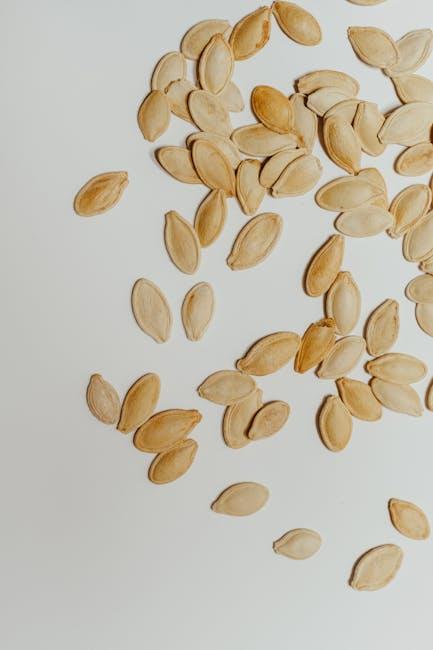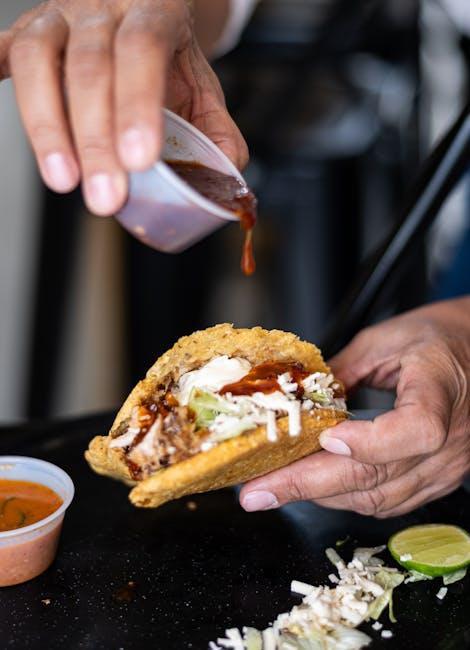Building muscle is a goal shared by many men, but achieving this requires more than just dedication in the gym. The foundation of muscle growth is laid not only through intense workouts but also through a carefully structured diet plan tailored to support your body’s needs. In this article, we delve into the best diet plans for men who are serious about building muscle, offering a clear and confident guide to optimizing your nutrition for maximum gains. Whether you’re a seasoned athlete or just beginning your fitness journey, understanding the right balance of proteins, carbohydrates, and fats is crucial to fueling your workouts and accelerating muscle growth. Let’s explore the nutritional strategies that can help you transform your physique and enhance your performance.
Choosing the Right Macronutrient Balance for Optimal Muscle Growth
To fuel your muscle-building journey, it’s crucial to fine-tune your macronutrient intake. Striking the perfect balance among proteins, carbohydrates, and fats can significantly enhance your results. Here’s a breakdown of what to focus on:
- Proteins: Aim for around 1.2 to 2.2 grams of protein per kilogram of body weight. This range supports muscle repair and growth, ensuring your body has the necessary building blocks.
- Carbohydrates: These are your primary energy source. Consuming 3 to 7 grams per kilogram of body weight helps sustain your workouts and aids in recovery.
- Fats: Essential for hormone production, including testosterone, which is vital for muscle growth. Keep fats to about 20-35% of your total caloric intake, focusing on healthy sources like avocados, nuts, and olive oil.
Adjusting these macronutrient ratios according to your body’s responses and training intensity can lead to substantial gains. Regularly monitor your progress and tweak your intake to ensure you’re on the right track towards achieving those muscle-building goals.

Incorporating High-Quality Protein Sources for Maximum Gains
To achieve muscle growth, integrating high-quality protein sources into your diet is crucial. Lean meats such as chicken breast, turkey, and lean beef are excellent choices due to their rich amino acid profiles and low-fat content. Fish, especially fatty varieties like salmon and mackerel, not only provide protein but also offer heart-healthy omega-3 fatty acids. Don’t overlook eggs, a versatile powerhouse of protein and essential nutrients, perfect for any meal.
Incorporate plant-based proteins for variety and added health benefits. Quinoa is a complete protein, making it a superb option for vegetarians and vegans. Lentils and chickpeas are also great sources, providing fiber along with protein to support digestion and satiety. Greek yogurt is another high-protein option, ideal for a quick snack or post-workout recovery. Remember to diversify your protein sources to ensure a balanced intake of amino acids, which is vital for muscle repair and growth.

Timing Your Meals and Supplements for Enhanced Performance
Maximizing muscle growth isn’t just about what you eat, but also when you eat. Strategic meal and supplement timing can significantly boost your workout results. Pre-workout, aim to consume a balanced meal containing carbohydrates and protein about 1-2 hours before exercising. This provides your body with the energy needed for an intense session and begins the muscle repair process early. Some options include:
- Grilled chicken with sweet potatoes
- Greek yogurt with berries and a handful of almonds
- Oatmeal with a scoop of protein powder
Post-workout, the window of opportunity is crucial for muscle recovery and growth. Consuming a protein-rich meal or shake within 30 minutes to an hour after your workout helps to replenish glycogen stores and repair muscle tissues. Consider incorporating supplements like whey protein or creatine to enhance your post-exercise nutrition. Timing your meals and supplements effectively not only aids in muscle development but also improves overall performance.
Crafting a Sustainable and Effective Meal Plan to Support Muscle Building
Creating a meal plan that aligns with muscle-building goals requires a strategic approach that balances macronutrients and focuses on sustainability. Begin by prioritizing protein-rich foods to support muscle repair and growth. Incorporate lean meats like chicken and turkey, plant-based options such as lentils and chickpeas, and fish high in omega-3 fatty acids like salmon. Equally important are complex carbohydrates which provide the necessary energy for intense workouts. Opt for whole grains, sweet potatoes, and quinoa to maintain energy levels throughout the day.
For a well-rounded diet, include a variety of healthy fats which play a crucial role in hormone production and overall health. Sources like avocados, nuts, seeds, and olive oil can be seamlessly integrated into meals. Remember, consistency is key. Develop a routine that includes regular meal times and balanced portions to prevent muscle breakdown and promote growth. A sustainable meal plan not only supports physical goals but also enhances overall well-being, making it easier to maintain long-term.
- Protein Sources: Chicken, Turkey, Lentils, Salmon
- Carbohydrates: Quinoa, Sweet Potatoes, Whole Grains
- Healthy Fats: Avocados, Nuts, Olive Oil




